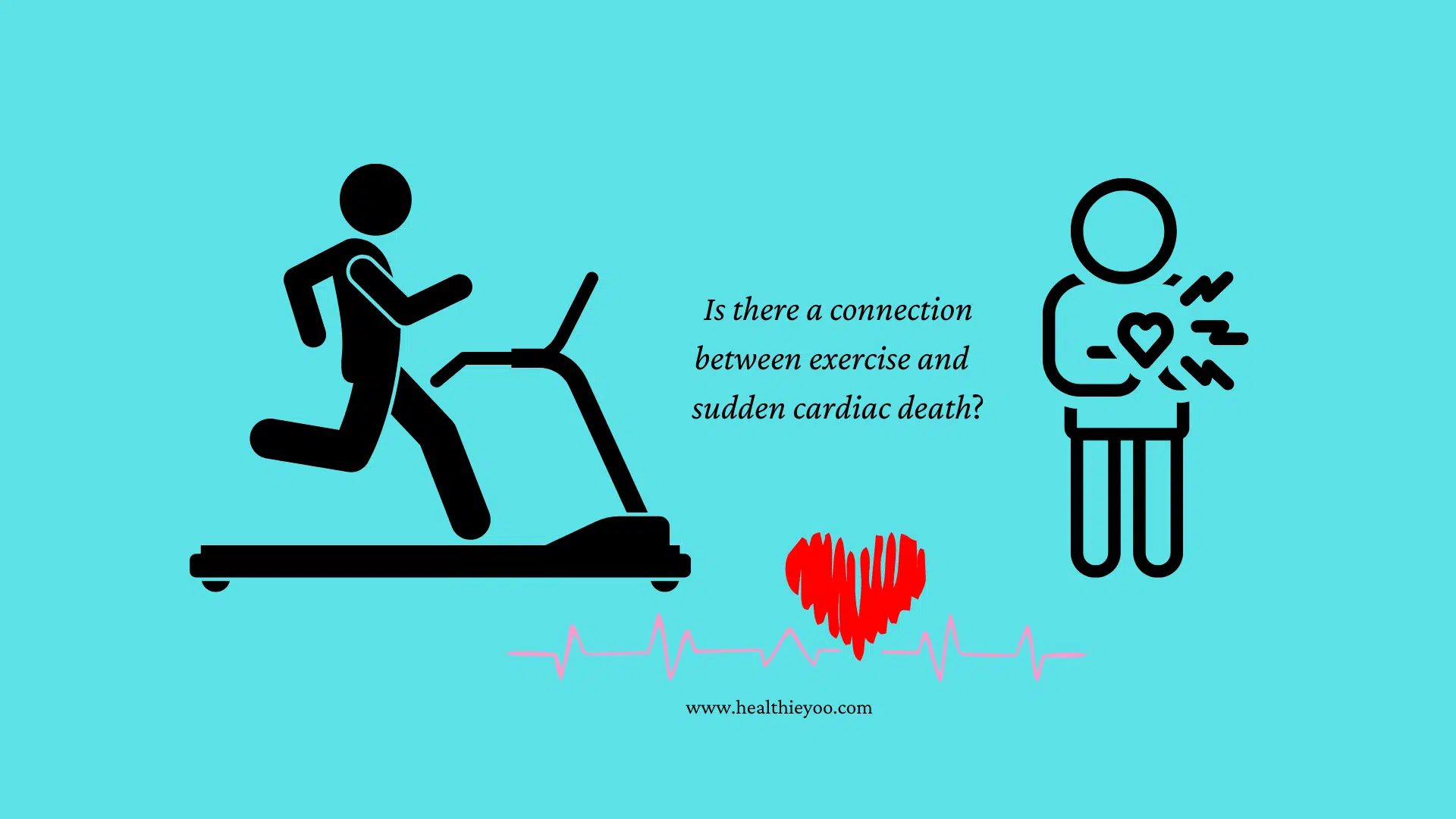Exercise has consistently been shown to improve heart health, lower cholesterol, and reduce insulin resistance compared to a sedentary lifestyle. Even low to moderate exercise provides cardiovascular disease risk reduction. But do you know that exercise has also been linked with heart attack and sudden cardiac death in certain individuals? Here I describe some of the risk factors for sudden cardiac death among athletes, runners, and gymgoers and preventive strategies.
Exercise, Heart, And Sudden Cardiac Death
Cardiovascular diseases range from hypertension, arrhythmia, cardiomyopathy, coronary artery diseases, heart attack, and cardiac failure. It starts affecting the muscles of the heart and slowly and steadily increases the load on the heart.
Sudden cardiac death among young marathon runners, athletes, and regular gym goers is alarming. According to reports, 30% of sudden cardiac death (SCD) athletes have experienced symptoms like palpitations, shortness of breath, performance decline, chest pain, pre-syncope, or syncope (1). Though sudden cardiac death is a rare event, it could be due to genetic factors or an underlying cardiac condition. In an underlying cardiac condition, vigorous aerobic exercise can damage more rather than do good, and hence it needs to be monitored by a health care expert. “With intense training, there is a surge in adrenaline that can rupture the plaque, causing blood clots and death”, according to Dr. Anil Sharma, Cardiologist at Lilavati hospital” (2).
Though genetic factors are one of the causes, it is important to understand other potential causes and discover strategies for prevention.
Risk Factors For Heart Attack Or Sudden Cardiac Death After Exercise
Neglecting pre-cardiac check-up
Health evaluation and cardiac check are important to be conducted every year. A yearly evaluation will help one to take relevant precautionary measures. Even certain exercises need to be monitored when an individual has a cardiac issue such as hypertension, high cholesterol, blockage, history of heart attacks, or has undergone surgery. If a health evaluation is not done, then the right treatment will not be taken. At least pulse can be checked at the gym and for athletes on the field.
Genetic Factors
Individuals with a strong family history of cardiac conditions are at a greater risk of cardiovascular disease (CVD) 5-10 years earlier. Genetic factors can be controlled by adopting a healthy lifestyle, a nutritious diet, and frequent CVD testing and check-ups.
Keto diets
Diet and a healthy lifestyle play a very crucial role in preventing metabolic conditions & managing cardiovascular risks. The popular keto diet consists of high fat, moderate protein & low carbohydrate. Due to its high-fat content, it has an effect on lipid profile and can result in cardiac dysfunction. Also, fiber content is low in keto diets.
Suggestions for a heart-healthy diet for preventing heart attack or sudden cardiac death after exercise –
- Adequate Fiber
A balanced & healthy diet should include adequate fiber. DASH Diet & Mediterranean diet lay emphasis on adequate fiber for better cardiac health. Include whole grain cereals, millets, whole fruits, vegetables, pulses & nuts.
- Limit Saturated and Trans Fat
Limit intake of saturated fats. Saturated fats include full-fat dairy products, butter, red meat, ghee, coconut oil, butter, and lard. However, 1 tsp of ghee/ coconut oil and 1 whole egg along with yolk is safe to consume but avoid overdoing it. Avoid trans fats as it is formed by hydrogenation of fats. Trans fats sources include Vanaspati ghee & margarine. Trans fats are also added to bakery products. Trans fats are a major risk factor contributing to CVD.
- Consume Omega-3 Rich Sources
Omega-3 fatty acid plays an important role as an antioxidant, hence preventing the formation of plague & reduce the risk of cardiovascular diseases. Omega-3-rich sources include fatty fish, flaxseeds, hemp seeds, walnuts, and chia seeds.
- Limit Sodium Intake and Packaged Foods
Sodium should be restricted when an individual has hypertension. As a result, salt & electrolyte intake needs to be monitored. High sodium is also present in packaged foods, papad, pickles, and soda that are added to fermented foods. Consult a qualified dietitian for proper guidance.
- Consume Antioxidants-Rich Food
Include antioxidants such as Vitamin C, vitamin E & beta-carotene-rich sources. Vitamin C-rich sources include Indian gooseberry, oranges, sweet lime, guava, kiwi, lemon, capsicum, and raw cabbage. Some of the rich sources of vitamin E include sunflower seeds, olive oil, almonds, and avocado. Beta-carotene-rich sources include carrots, pumpkin, papaya, sweet potato, tomato, amaranth leaves & many more. Antioxidant-rich fruits & vegetables help reduce the risk of CVD.

Vitamin D
Lower Vitamin D levels can be associated with cardiac risk. Vitamin D regulates blood pressure by acting on endothelial cells and smooth muscle cells (3) so very low Vitamin D affects blood pressure. An acute deficit may prevent insulin from being secreted and increase inflammation, which raises the risk of arterial thrombosis and plaque rupture. Arterial stiffness may grow in chronic insufficiency (4).
Vitamin D supplementation can be taken after consulting your health care provider. Although once vitamin levels are under control, supplementation will not benefit.
Caffeine
Caffeine is majorly used as a stimulant by many gym goers, athletes, and runners. High caffeine sources that need to be checked & monitored are energy drinks, supplements, and excess intake of coffee.
Caffeine may exhibit an acute increase in blood pressure & may increase the risk for cardiovascular diseases. Caffeine intake may be a potent risk for patients with hypertension. Although 1-2 small cups of coffee can be taken throughout the day.
Gut Microbiota & CVD
Microbiota transplantation in mouse models has proven to be able to transfer susceptibility to atherosclerosis. The gut microbiota has the potential to significantly alter blood lipid composition, which can have an impact on the development of coronary artery disease (CAD) (5).
Short-chain fatty acids (SCFAs) are a metabolite produced by microbes as a result of the fermentation of complex carbohydrates. As SCFAs can reduce serum lipid levels by preventing the synthesis of cholesterol and/or diverting it to the liver, they have been proposed as a preventative measure in the development of CAD (5). Through activation of G protein-coupled receptors, SCFA-producing bacteria have also been decreased in some CAD instances as well as in gut dysbiosis of patients with hypertension (5).
Our food accounts for one-fourth of our body’s cholesterol levels. Consuming meals high in fat can directly alter cholesterol modulation and the development of CAD, while also indirectly affecting the composition of the gut microbiota.
Sleep
Short sleep duration can be one of the potential risk factors for myocardial infarction in the long run. Subjects between the ages of 32 and 59 years had a significantly higher risk of hypertension when their nightly sleep duration was less than 5 hours (6). There are a number of molecular theories for the elevated risk of coronary heart disease (CHD) linked to sleep loss.
Lack of sleep may increase nocturnal catecholamine levels and increase the risk of cardiovascular disease. This link may be mediated by hypertension and elevated sympathetic nervous system activity (6).
In addition to raising heart rate, blood pressure, and vasoconstriction, sleep deprivation also causes salt retention. These elements could be linked to cardiac overdrive- and volume-induced hypertension (6).
Ensure to take 7-8 hours of good night’s sleep to prevent cardiometabolic diseases.
Doping & Drugs
Doping and over-the-counter drugs are used commonly by athletes to increase performance and also used by fitness enthusiasts to improve body composition. Androgenic anabolic steroids are primarily used to build muscle, thus they are connected to exercises that call for a lot of strength and peak power. Synthetic testosterone derivatives, or androgenic-anabolic steroids, have an adverse influence on CVD (7).
The purpose of erythropoietin (EPO) is to increase the synthesis of erythrocytes (erythropoiesis). Health-wise, it is thought that the increased blood viscosity raises the risk of thrombosis, which may be further raised if the person experiences dehydration. Other health hazards include headaches and hypertension (7).
When beta 2-adrenergic receptor (AR) agonist drugs bind to the heart’s ß2-AR, health hazards such as palpitations, myocardial ischemia, and cardiac arrhythmias result (7).
Amphetamines can be used in sports to improve focus, alertness, and self-confidence while also reducing the feeling of exhaustion. Their use has been linked to peripheral vasoconstriction, elevated blood pressure, and ventricular dysrhythmias. Amphetamines thus raise the possibility of tachycardia and cardiovascular failure (7).
Alcohol & Smoking
Avoid smoking & alcohol consumption as it leads to inflammation in the body. Alcohol intake should be limited to no more than 2 drinks per day in men & not more than 1 drink per day in women (8). Regular smoking increases the risk for hypertension & cardiac diseases.
The Final Words
Working on some of the potential risk factors elaborated above will help you prevent cardiovascular diseases and live a better quality of life. Sudden cardiac death is a rare event and regular physical activity, and moderate exercise is recommended to prevent cardiovascular diseases.
References:
- Wasfy, M. M., Hutter, A. M., & Weiner, R. B. (2016). Sudden Cardiac Death in Athletes. Methodist DeBakey cardiovascular journal, 12(2), 76–80. https://doi.org/10.14797/mdcj-12-2-76
- https://indianexpress.com/article/india/death-of-surgeon-after-cardiac-arrest-during-jogging-cardiologists-suggest-slow-build-up-for-marathon-regular-heart-check-up-4447907/
- de la Guía-Galipienso, F., Martínez-Ferran, M., Vallecillo, N., Lavie, C. J., Sanchis-Gomar, F., & Pareja-Galeano, H. (2021). Vitamin D and cardiovascular health. Clinical nutrition (Edinburgh, Scotland), 40(5), 2946–2957. https://indianexpress.com/article/india/death-of-surgeon-after-cardiac-arrest-during-jogging-cardiologists-suggest-slow-build-up-for-marathon-regular-heart-check-up-4447907/
- Fry, C. M., & Sanders, T. A. (2015). Vitamin D and risk of CVD: a review of the evidence. The Proceedings of the Nutrition Society, 74(3), 245–257. https://doi.org/10.1017/S0029665115000014
- Kazemian, N., Mahmoudi, M., Halperin, F., Wu, J. C., & Pakpour, S. (2020). Gut microbiota and cardiovascular disease: opportunities and challenges. Microbiome, 8(1), 36. https://doi.org/10.1186/s40168-020-00821-0
- Nagai, M., Hoshide, S., & Kario, K. (2010). Sleep duration as a risk factor for cardiovascular disease- a review of the recent literature. Current cardiology reviews, 6(1), 54–61. https://doi.org/10.2174/157340310790231635
- Bird, S. R., Goebel, C., Burke, L. M., & Greaves, R. F. (2016). Doping in sport and exercise: anabolic, ergogenic, health and clinical issues. Annals of Clinical Biochemistry, 53(2), 196–221. https://doi.org/10.1177/0004563215609952
- Mahan, L. K., Raymond, J. L., & GEA CONSULTORIA EDITORIAL S.L. (2017, March 24). Dietoterapia (14aed.) (1st ed.). Elsevier España, S.L.U.

Shailee Sanghavi M.Sc.
Related Posts
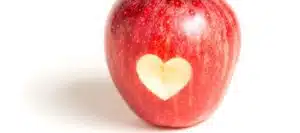
Heart Health Month 2023 – How To Be Heart Healthy this Valentine’s Day
Valentine’s Day 2023 is approaching, and love is in the air! The symbol for this emotionally influenced holiday is the heart, so it is only

Mind Over Matter : Help Your Brain Heal Your Heart
Mind over matter? February is designated as American Heart Month! So, let us take care of our heart health. Here are some exciting tips on
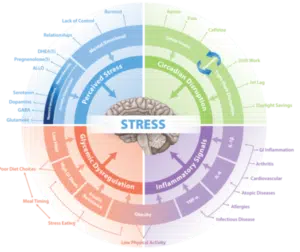
Improving resistance, resilience, and recovery from COVID-19 through personalised nutrition and lifestyle interventions
A holistic element of improving resistance, resilience, and recovery from long Covid through personalised nutrition and lifestyle interventions is described here highlighting five specific focus
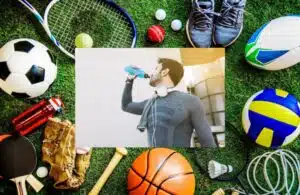
Sports Nutrition – Nutrients Matter, Not Calories
Sports nutrition and its importance Sports nutrition refers to nutritional strategies specifically implemented to promote an athlete’s performance. This can help the athlete prepare
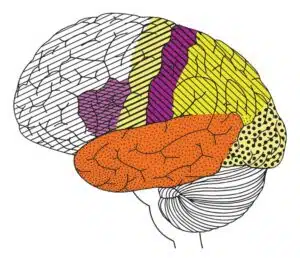
Supercharge Your Brain With Lifestyle Choices
Here is how to supercharge your brain with lifestyle choices and be healthy! Here is a reminder on ACLM 6 pillars of lifestyle medicine, AHA

Body Composition Exercises For Weight Loss
What is body composition? What is BMI, the body mass index? How is BMI different from body composition? How do we achieve weight loss along

